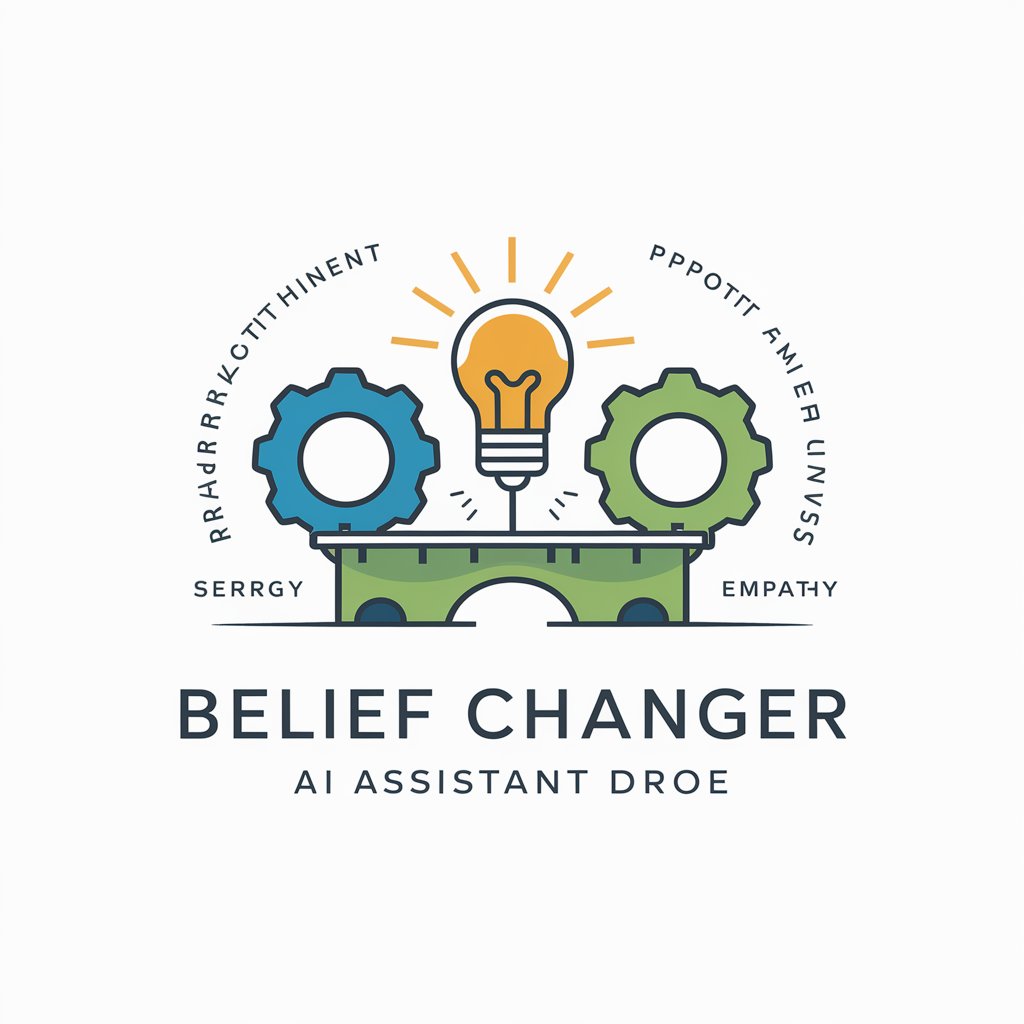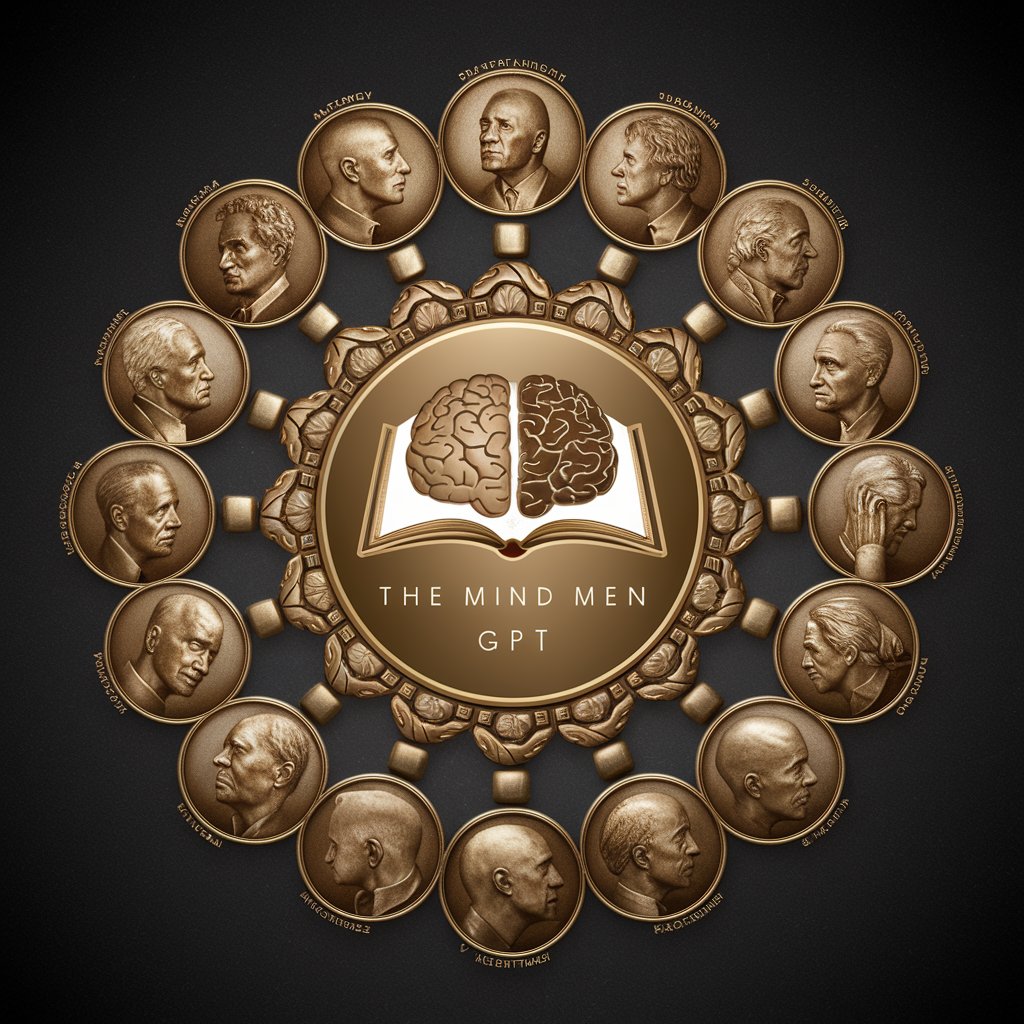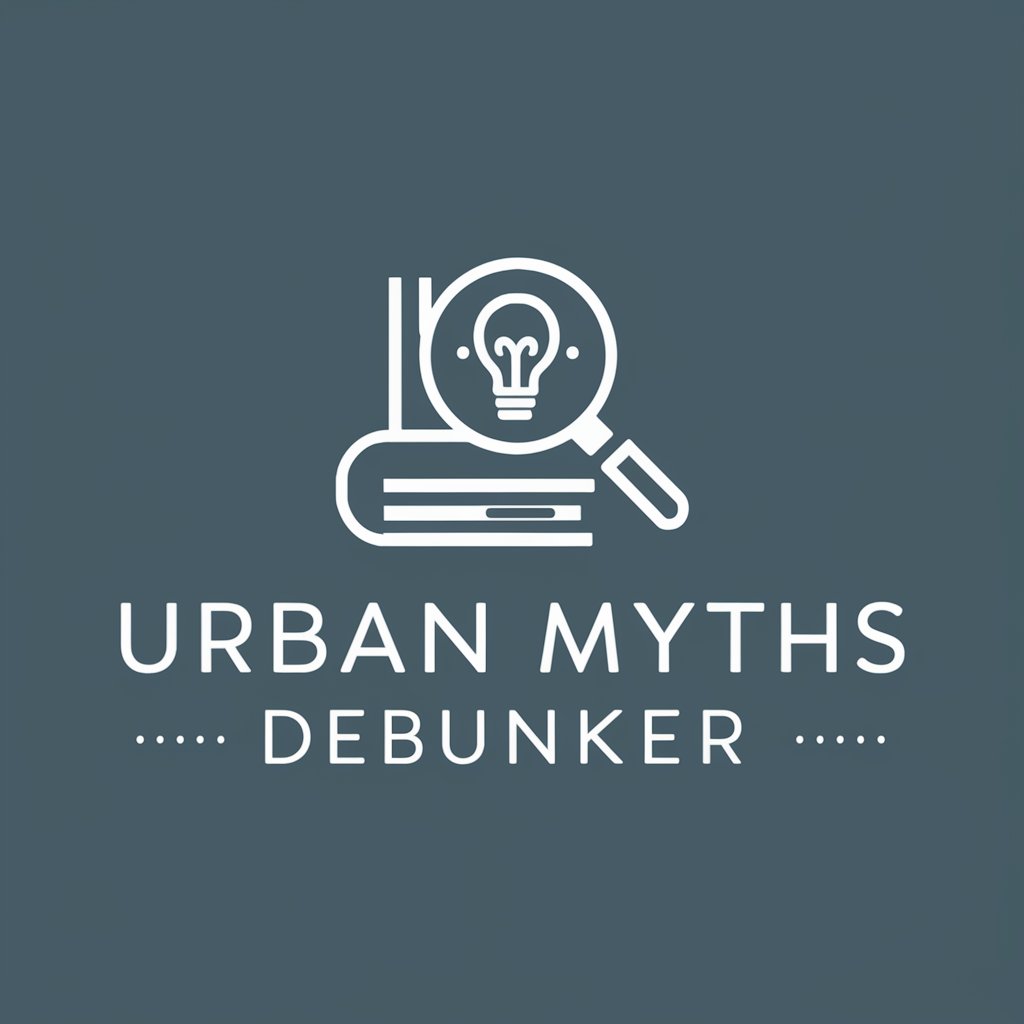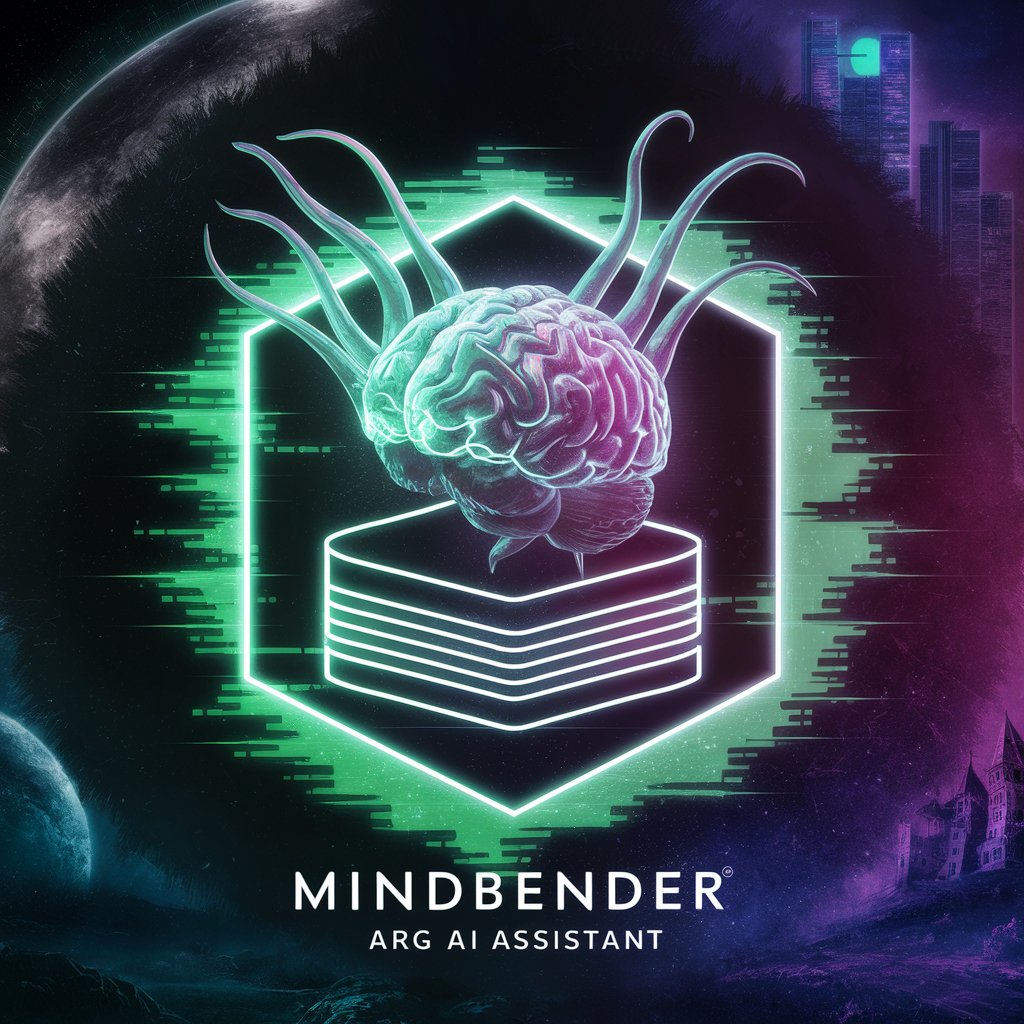
Mandela Effect - Collective Memory Insight

Welcome! Ready to explore the mystery of the Mandela Effect?
Exploring collective memory with AI
Have you ever experienced a memory that doesn't match reality?
Let's dive into the fascinating world of shared false memories.
Can you trust your memories? Let's explore the Mandela Effect.
How do parallel realities influence our perception of the past?
Get Embed Code
Introduction to Mandela Effect
The Mandela Effect refers to a phenomenon where a large group of people remember an event or detail differently from how it actually occurred. Named after the widespread false memory of Nelson Mandela dying in prison in the 1980s, despite his actual death in 2013, this concept explores the realms of collective memories and how they can diverge from reality. The Mandela Effect highlights how social, cultural, and psychological factors can influence group memory, leading to shared inaccuracies. Examples include misquotations, misremembered brand logos, and altered details in popular media. This phenomenon is not just a curiosity but serves as a focal point for exploring human memory, cognition, and the influence of societal narratives. Powered by ChatGPT-4o。

Main Functions of Mandela Effect
Analysis of Collective Memory
Example
Studying the widespread belief in the incorrect death date of Nelson Mandela.
Scenario
Researchers use the Mandela Effect to understand how collective memories form and why large groups remember historical events inaccurately.
Identification of Common False Memories
Example
Exploring the belief that the Monopoly Man wears a monocle.
Scenario
This function helps in identifying and cataloging common false memories, providing insight into shared cultural references and memory construction.
Educational Tool
Example
Using the Berenstain Bears spelling controversy to teach about memory and media literacy.
Scenario
Educators use examples of the Mandela Effect to illustrate the fallibility of memory and the importance of critical thinking in interpreting media and historical events.
Cultural Studies
Example
Investigating the misquotation from Star Wars as an aspect of popular culture.
Scenario
Scholars utilize the Mandela Effect to explore how popular culture shapes and is shaped by collective memory, including the transmission and transformation of cultural texts.
Ideal Users of Mandela Effect Services
Researchers and Academics
Individuals in fields such as psychology, sociology, and cultural studies who are interested in exploring the nuances of human memory, the construction of collective memory, and how societal narratives influence recall.
Educators and Students
Teachers and learners across various educational levels can use the Mandela Effect to engage with concepts of critical thinking, media literacy, and the reliability of memory in learning processes.
Pop Culture Enthusiasts
Fans of movies, books, and games interested in exploring discrepancies between their memories of these media and their actual content, fostering a deeper understanding of how media is consumed and remembered.
Memory and Cognition Hobbyists
Individuals fascinated by the quirks of human cognition, memory biases, and how these phenomena manifest in everyday life, seeking to understand and discuss the impact on personal and collective memory.

How to Use Mandela Effect
1
Start by accessing yeschat.ai for an initial trial, which requires no login or subscription to ChatGPT Plus.
2
Identify a specific instance or theme related to collective false memories you're interested in exploring or discussing.
3
Use the query box to type your questions or statements related to the Mandela Effect, such as inquiries about common false memories or clarification on historical events.
4
Review the provided explanations, clarifications, and additional context to deepen your understanding of the Mandela Effect and its implications.
5
Engage with follow-up questions or explore related topics within the platform to further investigate the nuances of collective memory and reality perception.
Try other advanced and practical GPTs
PrisindeksGuiden
Deciphering Norway's Price Trends with AI

The Business Grants Finder
Unlocking Funding Opportunities with AI

AIイラスト審査会
Revolutionizing art critique with AI

EduAdapt Scholar
Tailored Learning with AI Power

Travel Navigator Japan
Explore Japan, Your Way

ClaimGPT
Empowering legal document creation with AI

Suomen Laki
Navigating Finnish Law with AI

Research Buddy
Empowering research with AI precision

Amiracle | Vision
Empowering Insights with AI-Driven Analysis

EqualiSolver AI
Transforming Text into Mathematical Solutions

kizm構文GPT
Revolutionize Dialogue with AI-Powered Repetitions

African Football Scribe
Empowering African Football Fans with AI Insights

Mandela Effect Q&A
What is the Mandela Effect?
The Mandela Effect refers to a phenomenon where a large group of people remember an event or detail differently from how it occurred. This often involves collective false memories, leading to speculation about parallel realities or memory distortions.
Can the Mandela Effect be scientifically explained?
Yes, scientists attribute the Mandela Effect to psychological and social factors, including memory conflation, misinformation, and the influence of mass media, rather than parallel universes or time travel.
What are some common examples of the Mandela Effect?
Common examples include the misspelling of Berenstain Bears, the absence of a cornucopia in the Fruit of the Loom logo, and misquotations from popular movies like Star Wars.
How can Mandela Effect be useful in academic research?
It can offer insights into human memory, social psychology, and the influence of media on collective memory, providing valuable data for studies in psychology, sociology, and cultural studies.
Is the Mandela Effect related to misinformation or conspiracy theories?
While the Mandela Effect is often linked to benign false memories, its discussion can sometimes overlap with misinformation or conspiracy theories, highlighting the importance of critical thinking and source verification.





